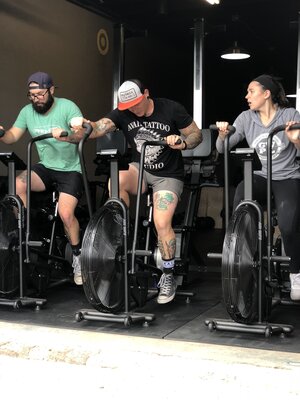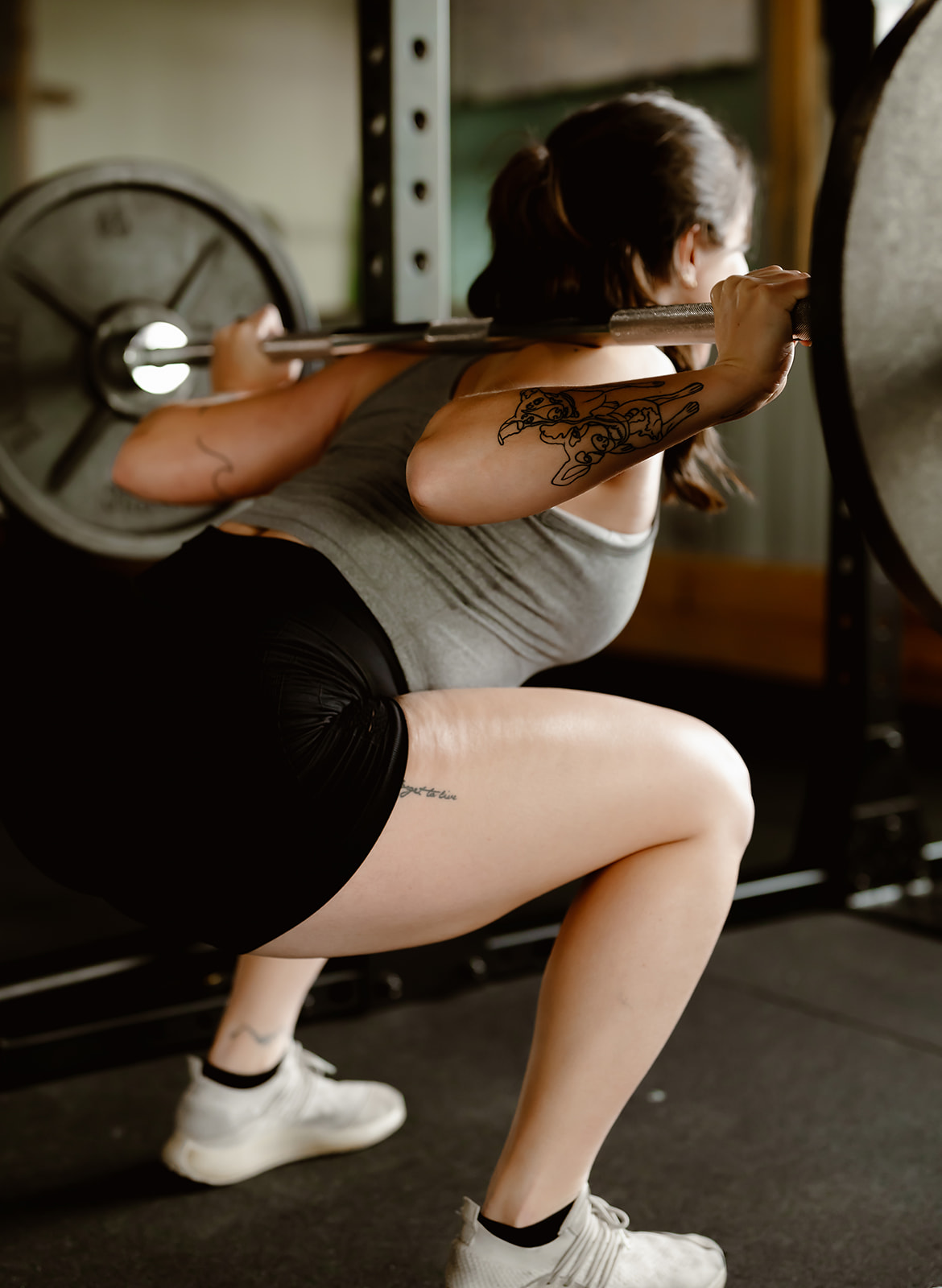Social Media has a huge impact on all facets of our modern lives, and on the fitness Industry as a whole. Social media has impacted the industry through body image, motivation, accessibility, and community. In this article, we break down some truths about social media fitness influencers that we can easily forget, and how we can engage with social media in a way that is empowering for our body image and fitness journey.
Social Media and Fitness Trends & Body Image
Social media has had far reaching impacts on the fitness industry, and has certainly placed a greater emphasis on the aesthetics of fitness. The rise of influencers and amateur fitness models has led to a greater focus on achieving a certain look or body type rather than achieving overall health and wellness goals.
Sometimes as a consumer of social media, we forget that fitness influencers are posing in the right lighting, with the best angles, filters, and digital touch-ups every single time. This creates unrealistic expectations and pressure to conform to a certain body type or beauty standard that is not real to begin with. To conform to these standards, influencers and their followers may feel the need to compromise their own health or well-being for aesthetics, which defeats the reason why we’re working out and eating right in the first place: to feel good about ourselves!
A 2022 study found that social media use and exposure, in particular to highly visual and appearance-focused content, has shown a relationship with poorer body image. This is particularly true for younger women-identifying people.
Social media allows for anyone to become a fitness influencer by sharing their workout routines, healthy eating habits, and progress on their feed. This can be a slippery slope, because fitness influencers (with no actual formal training or education) can create an idealized image that people want to recreate in their bodies. The truth is, every body is uniquely different, and it’s extremely unlikely that implementing someone else’s workout routine and nutrition plan will work the exact same for you. As consumers on social media, use discernment when you see influencers acting as experts in their field, promoting quick fix solutions, and/or encouraging a certain beauty standard.
The Benefits Of Social Media For Fitness Coaches
If you’re a coach, social media can be beneficial as a free marketing platform. However, it’s hard to be seen on social media if you don’t already have a lot of followers or you don’t hit the algorithm just right. Generally speaking, those with the biggest audience and most engagement will continue to be favored by the algorithm.
As a coach and trainer, social media presents another business perk with affiliate opportunities. According to research, 80% of brands have an affiliate program. So, if you really believe in a product and you have an audience, there is a chance you can make a small amount of additional income by becoming an affiliate for that brand.
While it’s important to be on social media to promote your fitness brand, it’s also important to have other sources of marketing because you don’t own what you post, and it can disappear overnight. So many coaches have been locked out of their accounts or just lost their account, which is a huge hit to a business. Instead, focus the majority of your outreach on OWNED media: your website, SEO, newsletter, and email list. These are all things that you have control over. Social media is a marketing tool, but don’t rely on it alone. And if it’s not producing clients, focus more of your energy elsewhere. Your newsletter audience and Google are great sources for new clients. And, when you have your various social profiles effectively linked to your business, Google notices.
Accessibility Of Information On Social Media
It’s absolutely amazing to have a free app on your phone with access to countless workouts, nutrition information, and health content in general. And, there are many free plans available to see what works for you. The caveat is that you’re not getting a plan that is specific to your needs, and anyone can be a coach online. Trying new things and learning on social media allows the average person to start to educate themselves. Anyone can post anything online, so the fitness information you’re consuming may not always be true. Take information from social media with a grain of salt and do your own research. Read our blog How to Find a Good Personal Trainer & How to Fire One if you want to educate yourself on good qualities to look for when you’re looking for a good program or coach.
Fitness Communities On Social Media
Communities who support each other in their fitness growth are a wonderful part of social media. Posting workouts as a form of sharing successes creates a sense of community and togetherness, and helps motivate people to continue showing up too. If you’re looking for a fitness community, check out our Stronger Than Your Boyfriend Facebook group. People post fitness and nutrition questions, and everything in between. The best part is the community responses, comments, and encouragement.
Final Thoughts On The Impact Of Social Media In Fitness
Take everything with a grain of salt.
Social media is a highlight reel and gives unrealistic expectations for training, but can be a space for community, motivation, and education. Make sure you follow trainers and other influencers that educate, empower, and help you feel good in your own skin.
Learn more about how social media is impacting the fitness industry on the Stronger Than Your Boyfriend Podcast: Episode #67 – The Impact of Social Media on Fitness & Health
Resources:
Rodgers, Rachel F, and Ann Rousseau. “Social media and body image: Modulating effects of social identities and user characteristics.” Body image vol. 41 (2022): 284-291.



